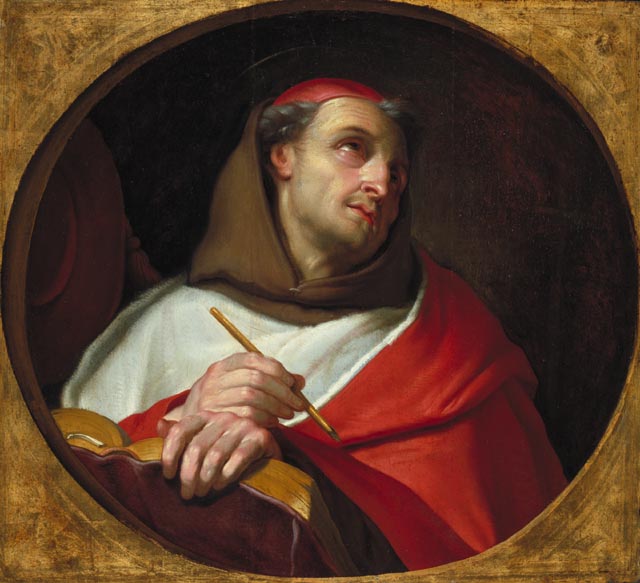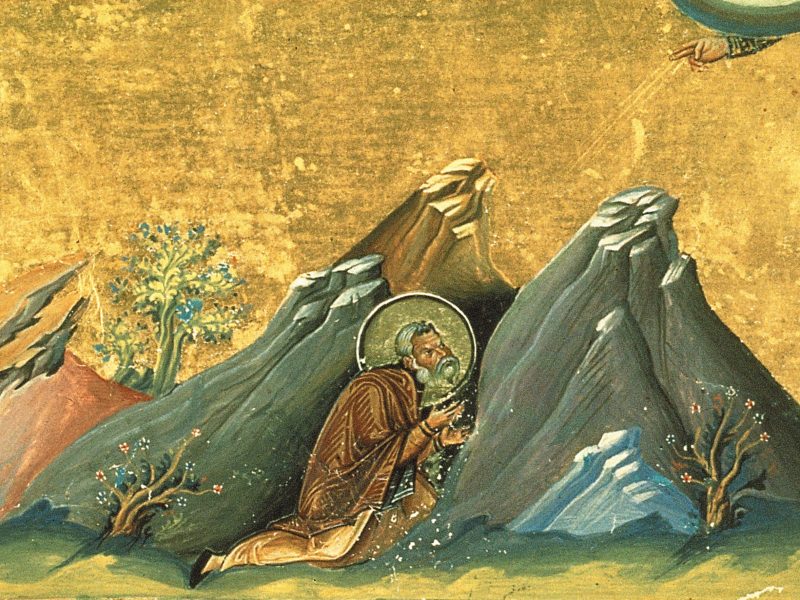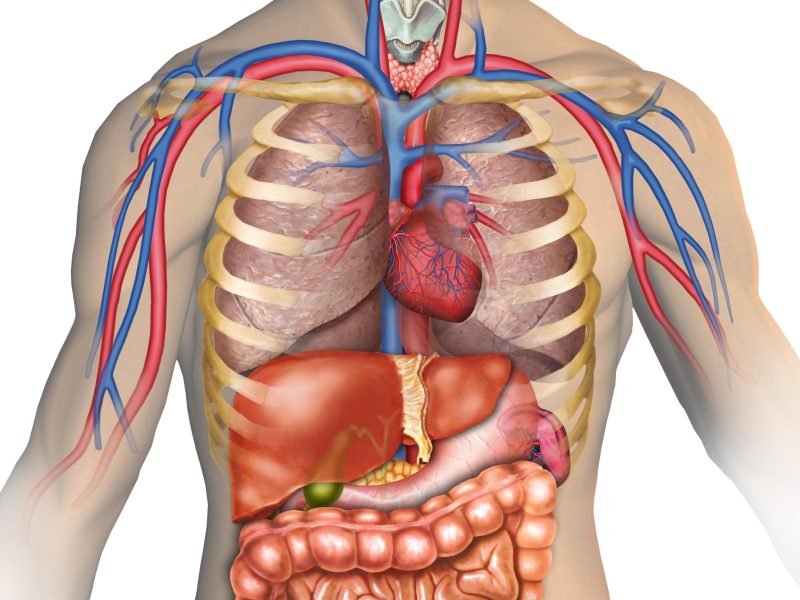Newsletter for 7/16/22
by Gideon Lazar
A few days ago was the feast of one of the Doctors of the Church, St. Bonaventure. He is one of the greatest theologians of creation in the history of the Church. As I was reflecting on Laudato Si’ this week, I noticed how frequently the Holy Father cited this great doctor to discuss creation. I thought I would quote a few times he does below and offer some reflection on the passages.
91. Saint Bonaventure tells us that, “from a reflection on the primary source of all things [God], filled with even more abundant piety, he [St. Francis of Assisi] would call creatures, no matter how small, by the name of ‘brother’ or ‘sister.’”
As a Franciscan friar, St. Bonaventure frequently reflected on the life of St. Francis, even authoring a biography. St. Francis recognized that all being, including the animals, were created by God. Although they are not rational, animals are still living beings that reflect God. They still have sensation, movement, and an imagination. We have an article on animal souls if you would like to learn more about this.
92. It is significant that the harmony which Saint Francis of Assisi experienced with all creatures was seen as a healing of that rupture. Saint Bonaventure held that, through universal reconciliation with every creature, Saint Francis in some way returned to the state of original innocence. This is a far cry from our situation today, where sin is manifest in all its destructive power in wars, the various forms of violence and abuse, the abandonment of the most vulnerable, and attacks on nature.
St. Francis, through a life of faith and charity, was able to enter into perfect harmony with God’s creation. It is sin that creates destruction. It divides us from God, our neighbor, and creation. Adam and Eve were created a state of natural peace. However, these relations can be restored through charity, which “covers a multitude of sins” (1 Pt 4:8). The Holy Father calls all of us to live like St. Francis. A similar call was made a century ago by St. Maximilian Kolbe when he founded the Militia Immaculata. When we are in a time of crisis like St. Francis, we should always seek for faith and charity.
233. The universe unfolds in God, who fills it completely. Hence, there is a mystical meaning to be found in a leaf, in a mountain trail, in a dewdrop, in a poor person’s face. The ideal is not only to pass from the exterior to the interior to discover the action of God in the soul, but also to discover God in all things. Saint Bonaventure teaches us that “contemplation deepens the more we feel the working of God’s grace within our hearts, and the better we learn to encounter God in creatures outside ourselves.”
St. Bonaventure teaches that all things are vestiges of the Eternal Art, Jesus Christ. Whenever we see anything, we should remember that it was created by God and it reflects God’s eternal attributes (c.f. Rom 1:20). This can draw us closer to God. St. Maximus the Confessor had a very similar theology of creation, which you can read about here.
239. For Christians, believing in one God who is trinitarian communion suggests that the Trinity has left its mark on all creation. Saint Bonaventure went so far as to say that human beings, before sin, were able to see how each creature “testifies that God is three.” The reflection of the Trinity was there to be recognized in nature “when that book was open to man and our eyes had not yet become darkened.” The Franciscan saint teaches us that each creature bears in itself a specifically Trinitarian structure, so real that it could be readily contemplated if only the human gaze were not so partial, dark and fragile. In this way, he points out to us the challenge of trying to read reality in a Trinitarian key.
The God who made creation is not some generic God, but the Trinitarian God who has revealed Himself. Therefore, all of creation reflects this Trinitarian God. Unfortunately because of the fall we can no longer see it immediately, but once we come to know the true God, it can be seen. For example, we can see that memory, intellect and will in our mind reflects Father, Son, and Holy Spirit, as St. Bonaventure teaches.
In another encyclical, Fratelli Tutti, Pope Francis once again cited St. Bonaventure.
91. Saint Bonaventure, for his part, explained that the other virtues, without charity, strictly speaking do not fulfil the commandments “the way God wants them to be fulfilled.”
We should remember that charity is the greatest virtue. Everything we do, no matter what it is, should be done with charity.
If you would like to learn more about Laudato Si’, check out our video on it and our article on it. Although this article isn’t by us, you can also learn more about St. Bonaventure’s theology of creation here.


